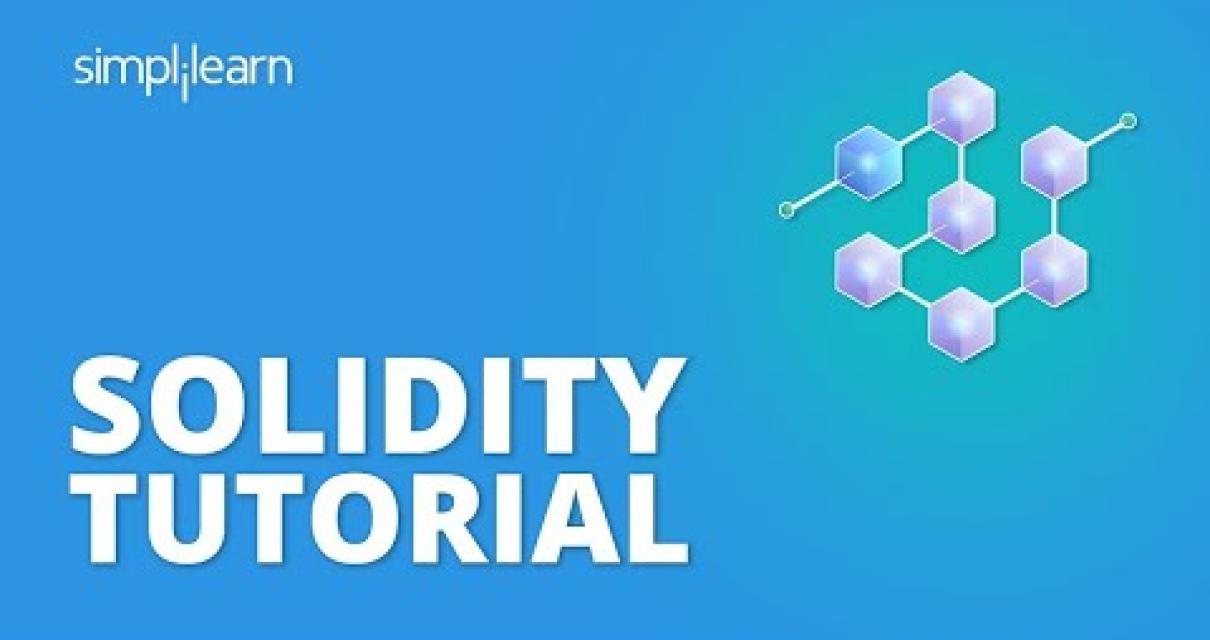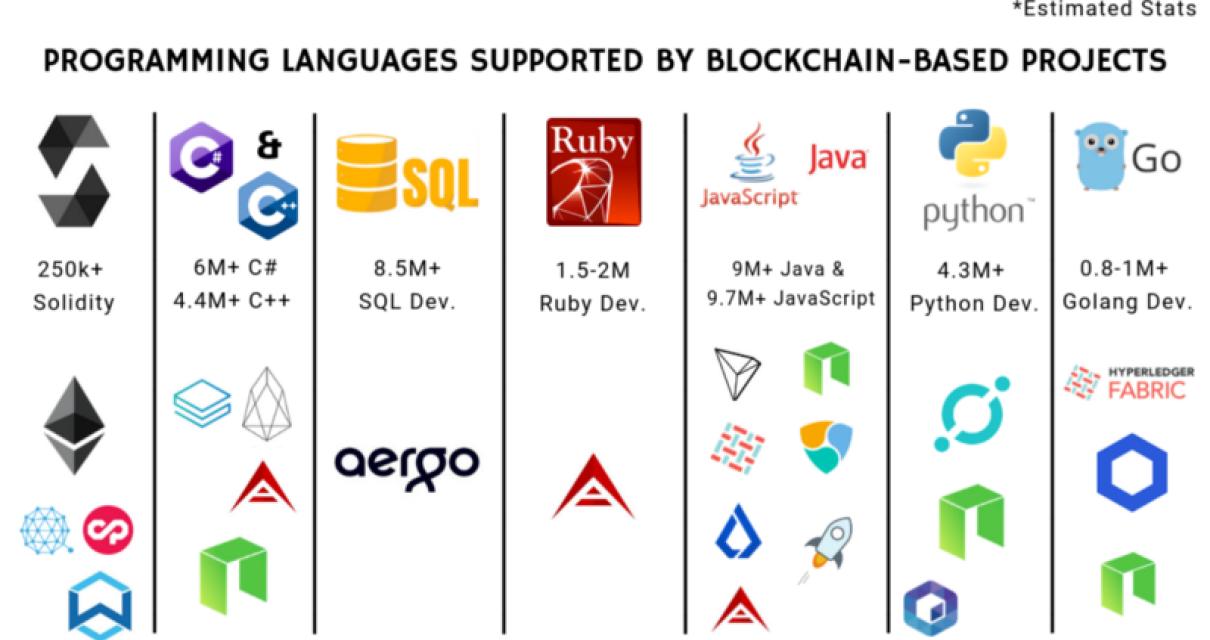What is Solidity and How Can It Be Used in Blockchain?
Solidity is a programming language that allows developers to create smart contracts and decentralized applications on the Ethereum blockchain.
Solidity: The Language of Smart Contracts
When it comes to blockchain technology, smart contracts are at the heart of it. This is because smart contracts allow for transparent and secure transactions between two or more parties without the need for a third party.
What is a Smart Contract?
A smart contract is a type of digital contract that runs on a blockchain. It is a contract that is self-executing, meaning that it automatically carries out the terms of the agreement between the parties.
How Does a Smart Contract Work?
When you make a contract, you and your counterpart(s) come to an agreement on what will happen should certain conditions be met. In the case of a smart contract, all of the terms of the contract are encoded into code and stored on a blockchain.
When one party to the contract wants to initiate the action specified in the contract, they use a digital signature to validate the contract and unlock the funds associated with it. Once the party has verified the contract, they can start to execute the actions specified in the contract.
Why Use Smart Contracts?
Smart contracts are incredibly useful for several reasons. First, they allow for trustless and transparent transactions. This is because all of the terms of the contract are automatically executed without the need for a third party.
Second, smart contracts are self-executing. This means that they automatically carry out the terms of the agreement between the parties. This makes them extremely reliable and secure.
Finally, smart contracts are incorruptible. This means that they are immune to tampering and fraud. This makes them ideal for use in transactions involving sensitive information or money.
How Can I Use Smart Contracts?
There are a number of ways that you can use smart contracts. First, you can use them to create contracts between individuals. This can be used to create agreements between business partners, suppliers, and customers.
Second, you can use them to create contracts between businesses. This can be used to create agreements between suppliers and customers, between businesses in different industries, and so on.
Third, you can use them to create contracts between governments and their citizens. This can be used to create agreements between governments and their citizens, between different levels of government, and so on.
Finally, you can use them to create contracts between companies and their investors. This can be used to create agreements between companies and their investors, between companies and their shareholders, and so on.
What Are Some Smart Contract Examples?
There are a number of examples of smart contracts that you can find online. Some examples include a contract to hire a plumber, a contract to sell products online, and a contract to lease property.

What is Solidity and What Does It Mean for Blockchain?
Solidity is a programming language used to create smart contracts and decentralized applications on the blockchain. It enables developers to create code that automatically executes when specific conditions are met, eliminating the need for a third party to verify and execute contracts.
How Solidity is Powering the Blockchain Ecosystem
Solidity is a programming language that is designed to help developers create smart contracts and decentralized applications (DApps). It is also used to power the Ethereum blockchain.
Smart contracts allow parties to exchange information and funds without the need for a third party. DApps are applications that run on top of the Ethereum blockchain. They are decentralized, meaning they are not subject to the control of any one party.
The Ethereum blockchain is a distributed platform that enables anyone to create and use DApps. It also allows people to store their assets securely and access them anywhere in the world.
Thanks to Solidity, developers can create DApps that are highly secure and efficient. They can also use Solidity to create applications that can be used by businesses and individuals.
The Ethereum blockchain is growing rapidly popularity due to its ability to power smart contracts and DApps. It is also used to store data securely and manage transactions.

What is Solidity and How Is It Used in Blockchain?
Solidity is a programming language used to create Smart Contracts on the Ethereum blockchain. A Smart Contract is a contract that is automatically executed when certain conditions are met.
What is Solidity and What Does It Bring to Blockchain?
Solidity is a programming language that helps create smart contracts on the blockchain. These contracts allow two or more people to agree on terms and conditions for a transaction, without the need for a third party. This cuts out the need for a middleman, which can lead to faster and more secure transactions.